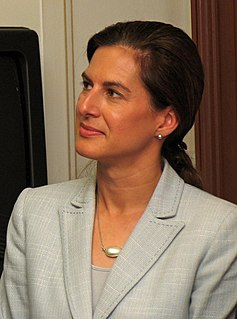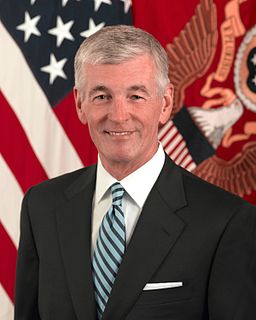A Quote by Peter Bergen
One only has to look at the debacle that has unfolded in Iraq after the withdrawal of U.S. troops at the end of 2011 to have a sneak preview of what could take place in an Afghanistan without some kind of residual American presence.
Related Quotes
Afghanistan would have been difficult enough without Iraq. Iraq made it impossible. The argument that had we just focused on Afghanistan we'd now be okay is persuasive, but it omits the fact that we weren't supposed to get involved in nation-building in Afghanistan.In my new book, I open with a quote from Donald Rumsfeld. In October 2001, he said of Afghanistan: "It's not a quagmire." Ten years later there are 150,000 Western troops there.
The biggest mistake Barack Obama could have made is to change quite a few things in his Afghanistan policy. He increased the number of troops and at the same time set the US withdrawal date to 2014. Now the United States has to ensure that Afghanistan does not immediately collapse after being left to itself in 2014.
It will take time to eradicate a cancer like Isil. And any time we take military action, there are risks involved - especially to the servicemen and women who carry out these missions. But I want the American people to understand how this effort will be different from the wars in Iraq and Afghanistan. It will not involve American combat troops fighting on foreign soil.
It's harder to end a war than begin one. Indeed, everything that American troops have done in Iraq -- all the fighting and all the dying, the bleeding and the building, and the training and the partnering -- all of it has led to this moment of success. Now, Iraq is not a perfect place. It has many challenges ahead. But we're leaving behind a sovereign, stable and self-reliant Iraq, with a representative government that was elected by its people. We're building a new partnership between our nations.



























